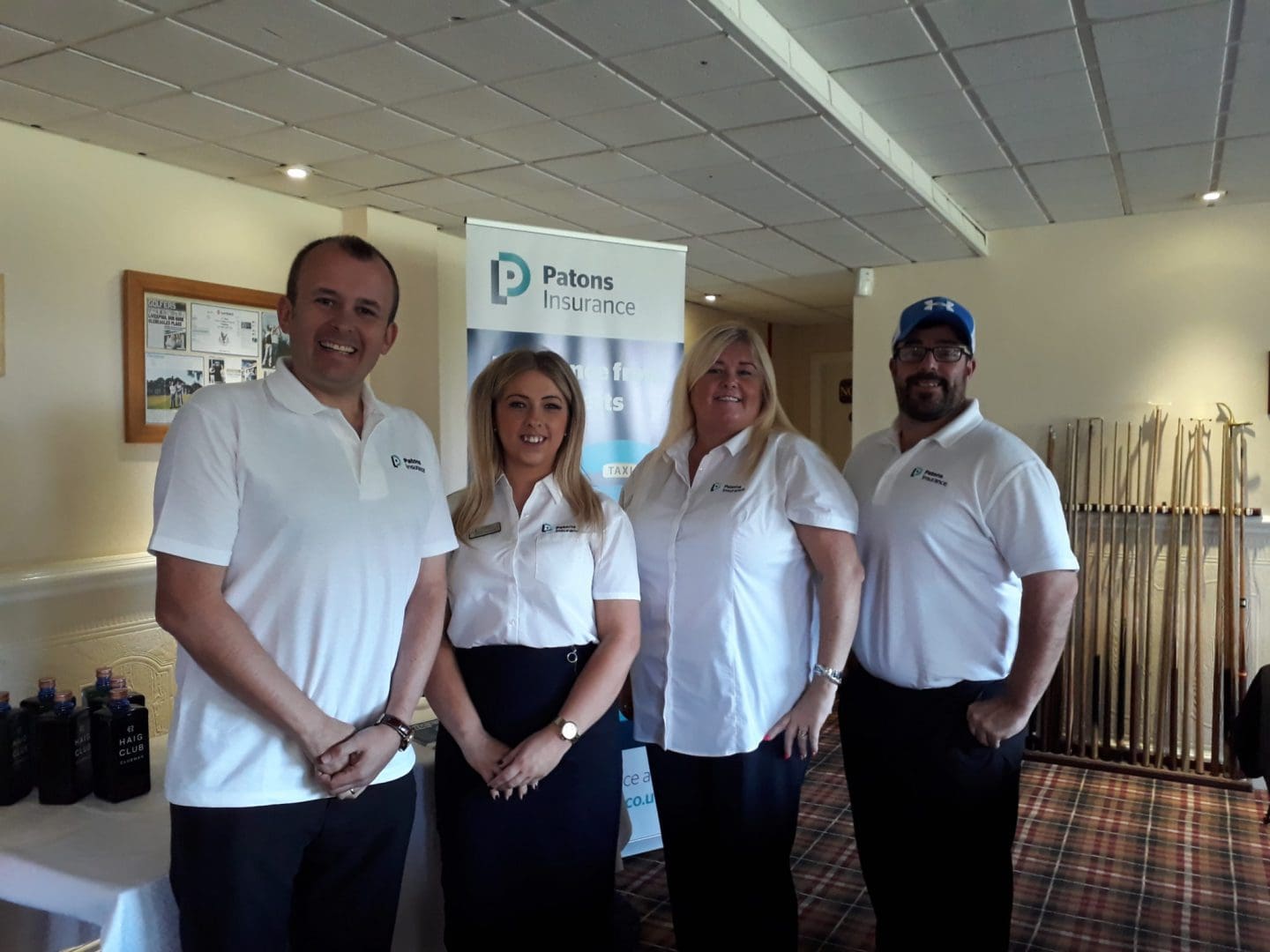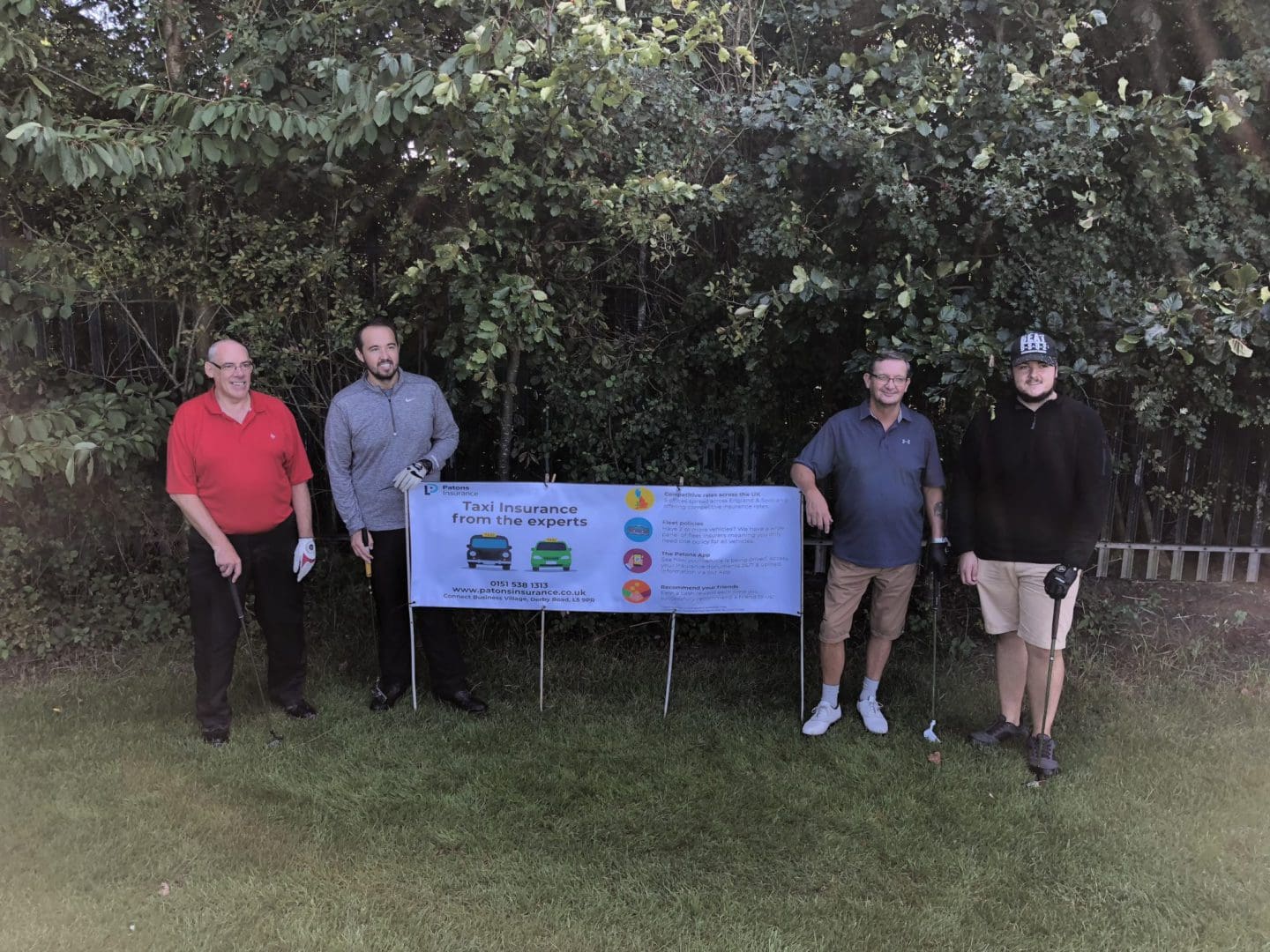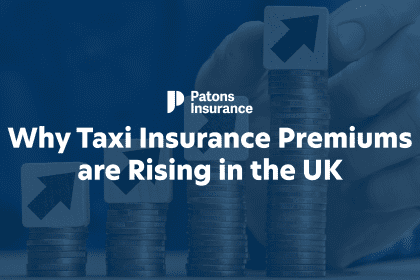Wednesday 5th September saw the return of the ‘Liverpool Taxi Driver Children in Care Outing Fund’ annual golf tournament at Lee park golf course.
The day has been a success over the years helping to raise money to allow the charity to organise fun days out for underprivileged children in Merseyside.
Patons insurance were extremely proud to be asked to be one of the main sponsors of the event, to support the local charity. Patons sponsored nearest to the pin on hole 13 and longest drive on hole 15, we are pleased to say that our very own Stephen Shearer won nearest the pin and L. Thomas & A. Allen won the longest drive. We would like to say a big thank you to all of the players.
Over 150 players took part raising in excess of £1,500 meaning there were plenty of big smiles as this was a big step towards the goal of re-visiting Euro Disney in 2019!
Below are some photographs from the day:
To see the rest of the photos or to find out more about the charity, visit the Liverpool Taxi Drivers Children in Care Outing Fund website.
The importance of supporting the underprivileged children in Merseyside:
There are in total around 1.05 million children who are living in poverty in the north of England, with more than 50,000 of them located in and around Liverpool, according to Action for Children.
Historically children in this region have less advantages and opportunities for growth due to the north south divide.
When children grow up in disadvantaged circumstances they develop at a slower rate compared to children in other areas where they are above the poverty line. This means that as adults they have less opportunities in life, meaning that they’re likely to remain in poverty.
They are also at increased risk of developing mental health problems. 75% of mental illness is onset before the age of 18, growing up in a poor household creates factors where anxiety and depression are rife.
Once again, this is not just a problem that will affect people when they are children. People who suffer from longterm mental health issues are twice as likely to lose their job than people who do not suffer mental illness.
To find out more and how you can help visit






